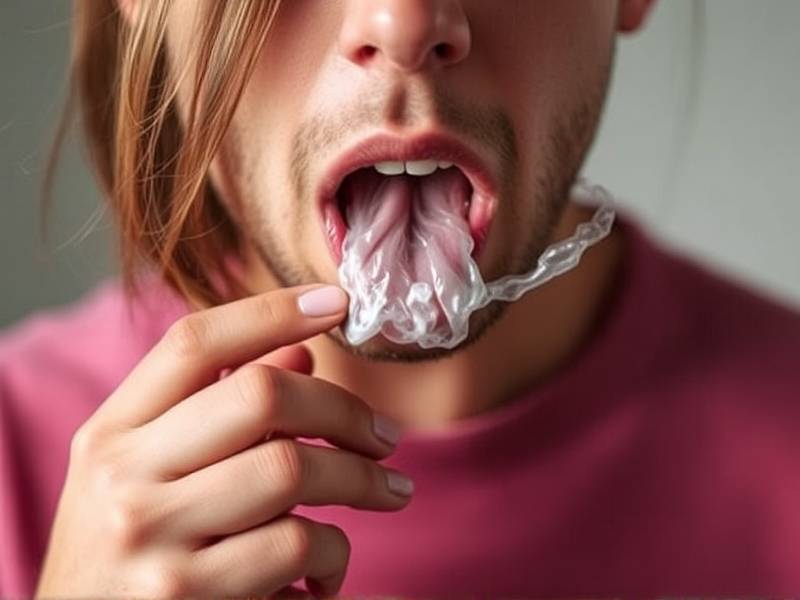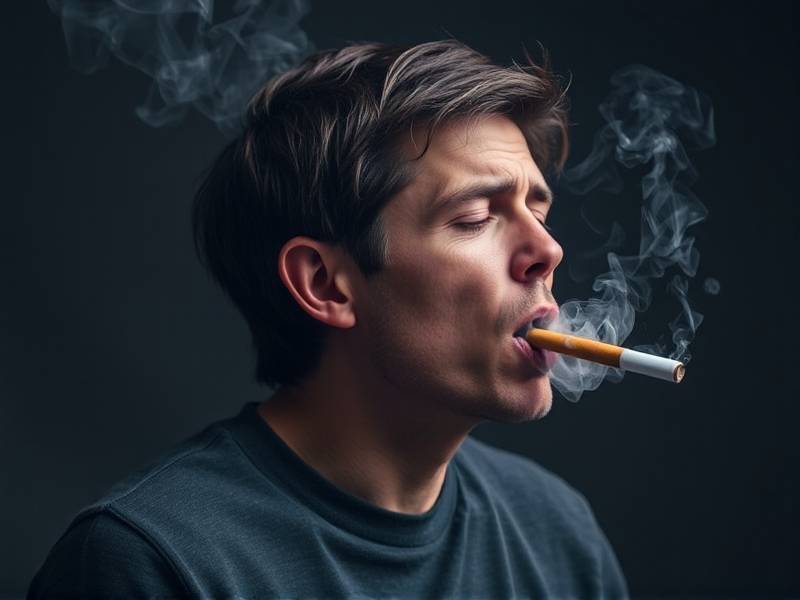Is Swallowing Phlegm After Quitting Smoking Harmful?
Navigating the Post-Quitting Smoking Phlegm Swallowing Conundrum
Introduction: Quitting smoking is a significant step towards improving one's health, but it also comes with its own set of challenges. One such challenge is dealing with the increased production of phlegm. Many former smokers often find themselves pondering whether swallowing this mucus is harmful or not. In this article, we will explore the topic and provide insights based on available information.
Is Swallowing Phlegm After Quitting Smoking Harmful?

-
Understanding Post-Quitting Smoking Phlegm When you quit smoking, your body starts healing from the damage caused by tobacco smoke. One of the immediate effects is an increase in mucus production in the respiratory tract. This additional mucus is your body's way of clearing out irritants and debris that have accumulated over time.
-
The Composition of Phlegm Phlegm is composed of mucus, water, and dead cells from the respiratory tract. While it may seem gross, it's a natural process that helps keep your airways clean and free from infection.
-
Is It Safe to Swallow Phlegm? Swallowing small amounts of phlegm is generally considered safe. Your body has mechanisms to break down and digest mucus, so it doesn't pose a significant risk to your health.
-
When Should You Be Concerned? If you experience excessive phlegm production or if the mucus has an unusual color or consistency (such as green or yellow), it could indicate an infection or other underlying health issues. In such cases, it's best to consult a healthcare professional for advice.
-
Tips for Managing Post-Quitting Smoking Phlegm Here are some tips to help you manage the increased phlegm production after quitting smoking:
a) Stay Hydrated: Drinking plenty of water helps thin out mucus and makes it easier to expel. b) Use a Humidifier: Adding moisture to the air can help reduce dryness in your throat and respiratory tract. c) Gargle with Warm Salt Water: This can help soothe your throat and reduce inflammation. d) Avoid Irritants: Tobacco smoke, dust, pollen, and other irritants can exacerbate phlegm production.

Conclusion: Swallowing phlegm after quitting smoking is generally safe for most individuals. However, if you're concerned about excessive mucus production or notice any changes in its appearance or consistency, it's best to consult a healthcare professional for personalized advice. Remember that quitting smoking has numerous health benefits, and addressing any challenges that arise during this journey can help you stay on track towards a healthier lifestyle.
